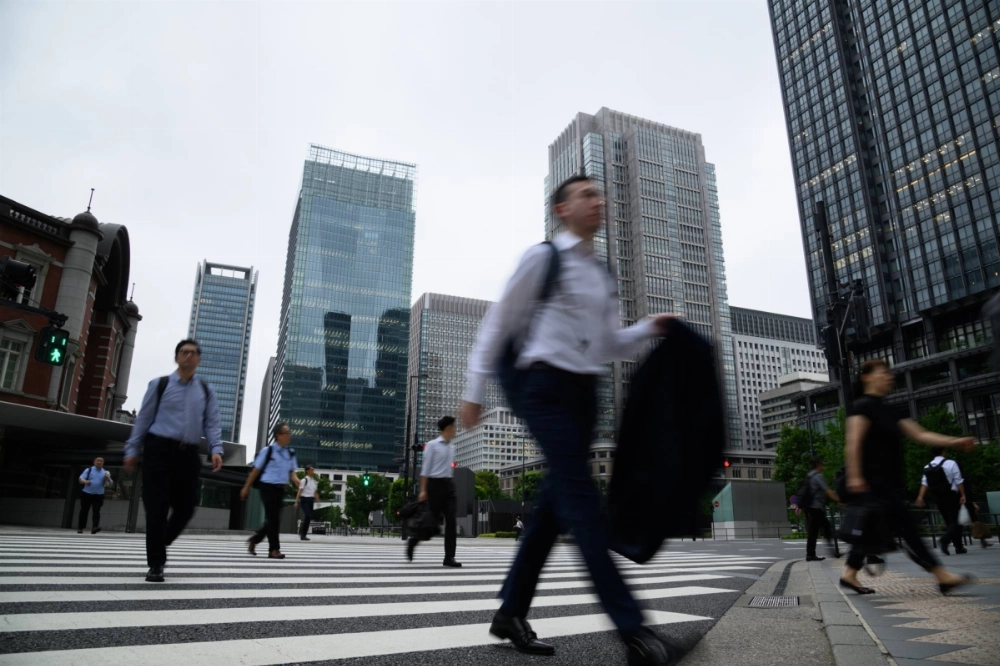Japan’s largest businesses turned pessimistic for the first time in more than a year as U.S. President Donald Trump’s sweeping tariffs upended key sectors, a development that could complicate the Bank of Japan’s policy path.
The Business Sentiment Index for large firms registered minus 1.9 for the April-June quarter, slipping into negative territory for the first time since the first quarter of 2024, according to a Finance Ministry survey released Thursday. A negative figure indicates that more companies reported deteriorating conditions than those that saw improvements.
Among large manufacturers, sentiment dropped to minus 4.8, also the weakest in five quarters, driven by sharp declines in the automotive, auto parts and steel industries. Nonmanufacturers posted a reading of minus 0.5, turning negative for the first time since the third quarter of 2022, with the retail and telecommunications sectors weighing on the gauge.

















With your current subscription plan you can comment on stories. However, before writing your first comment, please create a display name in the Profile section of your subscriber account page.